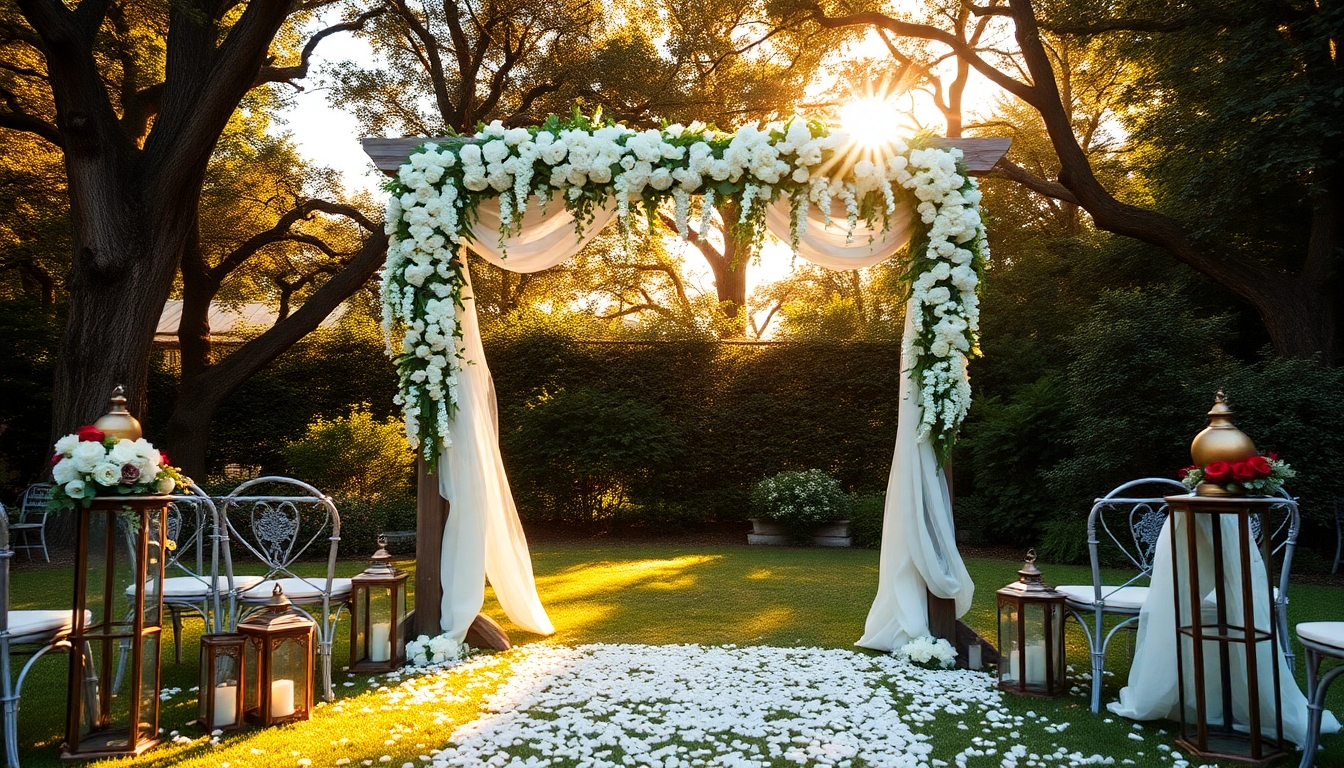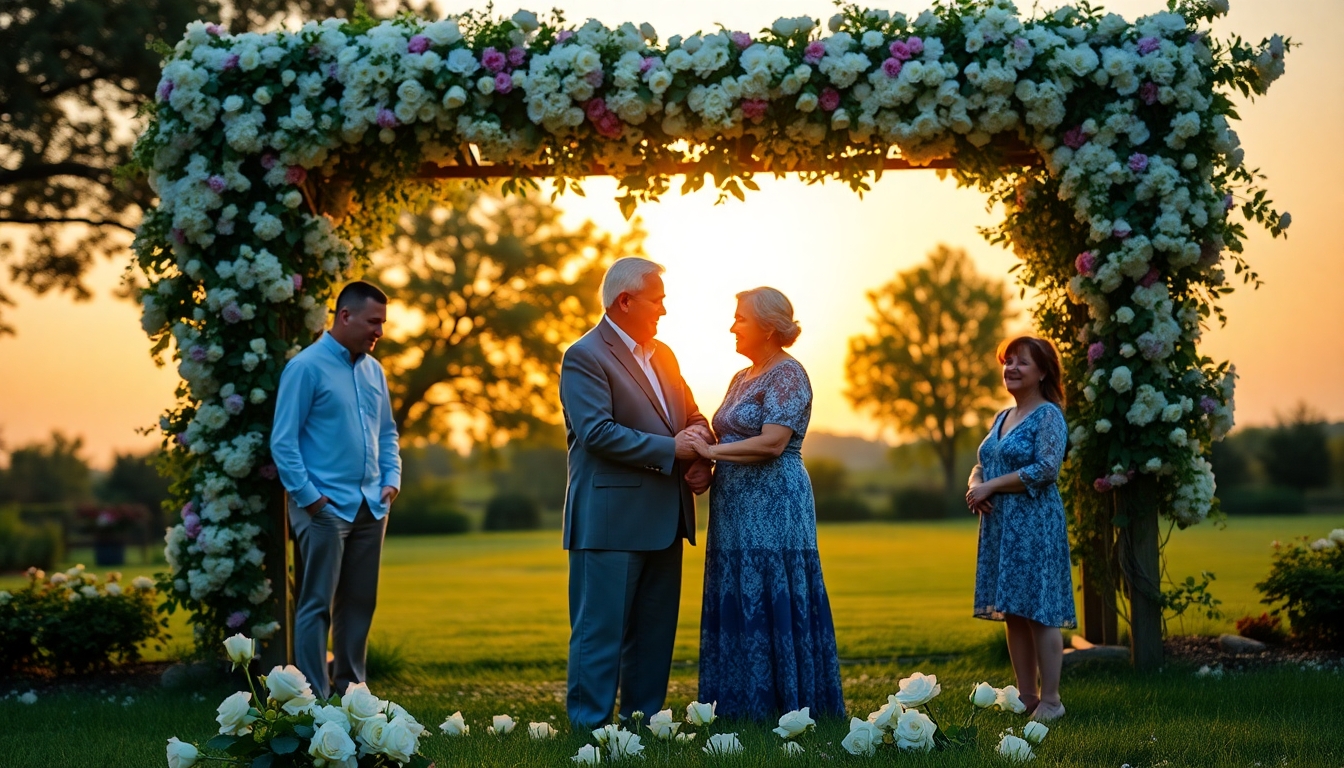Wedding vendor contracts can be complex and overwhelming. But understanding them is crucial for a smooth planning process.
These legal documents outline the terms of service, expectations, and responsibilities of both parties. Knowing what to look for can save you from potential headaches.
This guide will help you navigate the intricacies of vendor contracts, ensuring you make informed decisions for your big day.
We’ll cover key elements to focus on, red flags to watch out for, and negotiation tips to get the best deal possible.
The Importance of Vendor Contracts
Vendor contracts serve as a protective measure for both you and the service provider. They:
- Clearly define the scope of work
- Set expectations for both parties
- Provide legal recourse if issues arise
- Help avoid misunderstandings and disputes
Without a proper contract, you risk miscommunication, unexpected costs, and potential disappointment on your wedding day.
Always insist on a written contract, even if working with friends or family members in the industry.
Key Elements of a Wedding Vendor Contract
When reviewing a contract, pay close attention to these essential components:
- Services provided: Detailed description of what the vendor will deliver
- Date, time, and location: Specific details of when and where services will be rendered
- Pricing and payment schedule: Total cost and breakdown of payments
- Cancellation and refund policy: Terms for canceling or rescheduling
- Liability and insurance: Vendor’s coverage and your responsibilities
Ensure all verbal agreements are included in the written contract. Don’t assume anything that’s not explicitly stated.
Red Flags to Watch Out For
Be wary of contracts that include:
- Vague or ambiguous language
- Hidden fees or unclear pricing structures
- Unreasonable cancellation policies
- Lack of contingency plans
- No liability or insurance information
If you spot any of these issues, address them with the vendor before signing. Don’t hesitate to seek clarification or request changes.
Negotiation Tips for Better Terms
Don’t be afraid to negotiate contract terms. Here are some effective strategies:
- Ask for a detailed breakdown of costs
- Request a more flexible cancellation policy
- Negotiate payment schedules that work for your budget
- Discuss adding or removing specific services
- Inquire about package deals or discounts
Remember, most vendors are willing to work with you to reach a mutually beneficial agreement. Be polite but firm in your requests.
Understanding and Addressing Hidden Costs
Hidden costs can quickly inflate your wedding budget. Common examples include:
- Overtime fees for vendors
- Setup and breakdown charges
- Travel expenses for out-of-town vendors
- Equipment rental fees
- Service charges and gratuities
Ask vendors to disclose all potential additional costs upfront. Include a clause in the contract that requires the vendor to get your approval before incurring any extra charges.
Consider setting a buffer in your budget for unexpected expenses. This can help prevent financial stress as your wedding day approaches.
The Role of Deposits and Payment Schedules
Most wedding vendors require deposits to secure their services. Typical deposit structures include:
- A non-refundable booking fee
- A percentage of the total cost (usually 25-50%)
- A flat fee based on the service type
Payment schedules vary but often follow this pattern:
- Initial deposit upon signing the contract
- Progress payments at specific milestones
- Final payment due before the wedding day
Negotiate a payment schedule that aligns with your cash flow. Some vendors may offer discounts for paying in full upfront, while others might allow for more spread-out payments.
Handling Changes and Modifications
Wedding plans often evolve. Your contract should address how changes are handled:
- Process for requesting modifications
- Timeframe for making changes
- Any associated fees for alterations
- How changes will be documented and approved
Ensure there’s a clause allowing for reasonable adjustments without incurring significant additional costs.
Cancellation and Force Majeure Clauses
In light of recent global events, pay special attention to cancellation policies and force majeure clauses:
- Understand the conditions for cancellation by either party
- Check if postponement is an option and under what terms
- Review the force majeure clause for coverage of unforeseen circumstances
- Discuss how deposits and payments are handled in case of cancellation
Consider adding a pandemic clause if it’s not already included, specifying how such situations will be handled.
Insurance and Liability
Protect yourself by understanding insurance and liability aspects:
- Confirm that vendors have appropriate business insurance
- Consider purchasing wedding insurance for additional protection
- Understand your liability in case of damage or accidents
- Clarify who’s responsible for equipment or venue damages
Request certificates of insurance from vendors and keep copies with your contract files.
Reviewing and Finalizing the Contract
Before signing, take these final steps:
- Read the entire contract carefully
- Highlight any areas of concern or confusion
- Discuss unclear terms with the vendor
- Consider having a legal professional review the contract
- Ensure all agreed-upon terms are included in writing
- Keep a copy of the signed contract for your records
Don’t rush the process. Take your time to fully understand and agree to all terms before signing.
Conclusion
Understanding wedding vendor contracts is essential for a stress-free planning experience. By carefully reviewing each agreement, addressing potential issues, and negotiating fair terms, you’ll set the stage for a successful and enjoyable wedding day.
Remember, these contracts are meant to protect both you and the vendor. Open communication and clarity are key to building positive relationships with your wedding service providers.
With this comprehensive guide, you’re now equipped to navigate the world of wedding vendor contracts with confidence. Happy planning!











